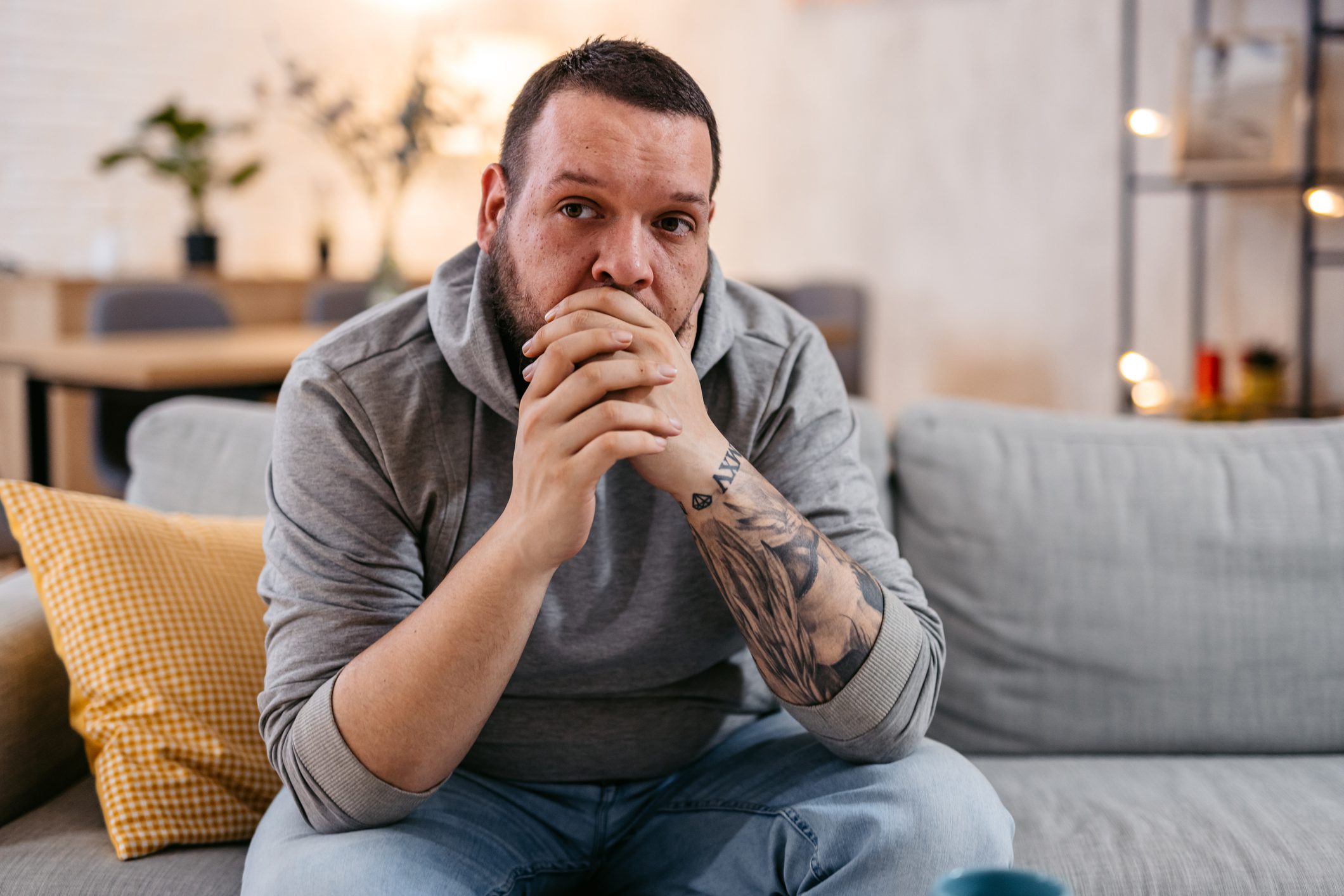
Opioid withdrawal can be a challenging and complex process. Understanding what to expect and how to manage symptoms can make a significant difference in your recovery journey. This article will guide you through the stages of opioid withdrawal, the symptoms you might experience and the various treatment options available to help you manage this difficult period.
Understanding Opioid Withdrawal
Opioid withdrawal occurs when someone who has been using opioids regularly stops or reduces their intake. Opioids include prescription painkillers like oxycodone and hydrocodone, as well as illegal drugs like heroin. Over time, the body becomes dependent on these substances, and withdrawal symptoms occur when the drug is no longer present.
Why does withdrawal happen?
The brain and body adapt to the presence of opioids, altering the way they function. When opioids are suddenly removed, the body struggles to regain balance, leading to withdrawal symptoms. These symptoms are the body’s reaction to the absence of the drug it has become accustomed to.
Common Opioid Withdrawal Symptoms
Withdrawal symptoms can vary depending on the individual and the level of dependency. However, there are some common symptoms that many people experience, which can be both physical and psychological.
Physical symptoms
- Muscle Aches: One of the earliest signs of withdrawal, muscle aches can be quite uncomfortable.
- Sweating and Chills: These symptoms occur as the body attempts to regulate its temperature without the help of opioids.
- Nausea and Vomiting: Gastrointestinal issues are common and can lead to dehydration if not managed properly.
- Runny Nose and Tearing: Similar to having a cold, these symptoms can be persistent and uncomfortable.
- Increased Heart Rate and Blood Pressure: The absence of opioids can lead to heightened anxiety, which in turn affects heart rate and blood pressure.
Psychological symptoms
- Anxiety and Agitation: The lack of opioids can cause increased feelings of anxiety and restlessness.
- Depression: It’s not uncommon to feel down or hopeless during withdrawal.
- Insomnia: Many people find it difficult to sleep during the withdrawal process.
- Cravings: Strong urges to use opioids can occur, making it difficult to resist the temptation to relapse.
How Long Does Opioid Withdrawal Last?
The duration of opioid withdrawal varies from person to person, but it typically follows a general timeline.
Acute withdrawal
Acute withdrawal symptoms usually begin within 6 to 12 hours for short-acting opioids and 30 hours for longer-acting ones. These symptoms peak within 72 hours and can last up to a week. During this phase, symptoms are at their most intense.
Post-acute withdrawal syndrome (PAWS)
After the acute phase, some individuals experience post-acute withdrawal syndrome (PAWS). This can last for weeks or even months and includes symptoms like mood swings, anxiety and sleep disturbances. PAWS can make recovery challenging, but understanding and preparing for it can aid in long-term success.
Opioid Withdrawal Management
Managing withdrawal symptoms effectively can make a significant difference in the recovery process. Here are some strategies to consider:
Medical Assistance and opioid treatment programs
Seeking professional help can provide the support and medication needed to manage withdrawal symptoms. An opioid treatment program may include medications like methadone or buprenorphine, which help reduce cravings and withdrawal symptoms.
Home remedies and self-care
While medical assistance is crucial, some home remedies can complement professional treatment:
- Stay Hydrated: Drinking plenty of fluids can help manage symptoms like sweating and vomiting.
- Balanced Diet: Eating nutritious meals can support overall health and aid in the recovery process.
- Exercise: Physical activity can help reduce anxiety and improve mood.
- Mindfulness and Relaxation: Techniques like deep breathing, meditation and yoga can help manage stress and anxiety.
Support systems
Having a strong support system is invaluable during withdrawal. Whether it’s friends, family or support groups, connecting with others can provide encouragement and accountability.
Medical Professionals Should Supervise Withdrawals
Opioid withdrawal is a challenging process, but understanding what to expect and how to manage symptoms can make it more manageable. By seeking professional help, employing self-care strategies and building a strong support network, individuals can navigate withdrawal and work towards a healthier, drug-free life.
If you or a loved one is struggling with addiction and needs outpatient help, the New Vista Outpatient Center is here for you. Call us today at 866-970-5330 to see what we can do for you or learn more about our program.
